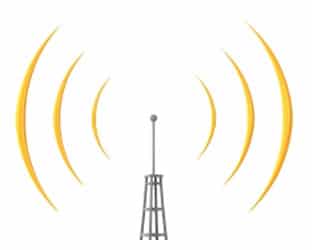A triple LPTV deal in the small South Bend-Elkhart IN DMA would have added to Schurz Communications’ already impressive collection of traditional media properties. But after a year with no FCC action, Schurz is stepping away.
All three LPTVs are network affiliates, and one has the rare honor of carrying a major: ABC WBND-LP. The other two have new national nets: There is CW WCWW-LP & MNT WMYS-LP. The affiliations allowed the trio of stations to carry an unusually high low power pricetag of $22M – more than a lot of full power outlets are commanding these days.
The trouble with the deal is the triple-play media conglomerate Schurz already has assembled in the market, which includes:
* Full power television station CBS WSBT-TV
* Radio stations News-Talk WSBT-AM & AC WNSN-FM
* Newspaper South Bend Tribune
The transaction drew protests from watchdogs Media Access Project and Free Press. The latter’s Megan Tady wrote, “If the $22 million deal clears, Schurz will own four of the six national network television affiliates in the city, the only daily newspaper, the only news radio station, and the second-ranked FM radio station. This means a single company will own a majority of the commercial news-producing outlets in the entire South Bend market. In essence, Schurz would be the Murdoch of the Indiana-Michigan border.”
Schurz correctly pointed out that the transaction was perfectly legal – the fact is that low power television stations do not count against local broadcast ownership caps. The problem in this case was the unusual strength of the LPTVs in question, due to their network affiliated status.
According to the Schurz’s own newspaper in town, both parties mutually agreed to drop the transaction.
RBR/TVBR observation: Just because a transaction is legal on paper does not mean the FCC has to approve it. They may find that it is not in the public interest for one reason or another. The media concentration produced by this proposal is highly unusual and utterly impossible to achieve in most markets. So it wouldn’t have come as a shock it the FCC had given it a thumbs down. As it is, by not going public with a ruling for a year, the Commission in effect utilized a pocket veto.




